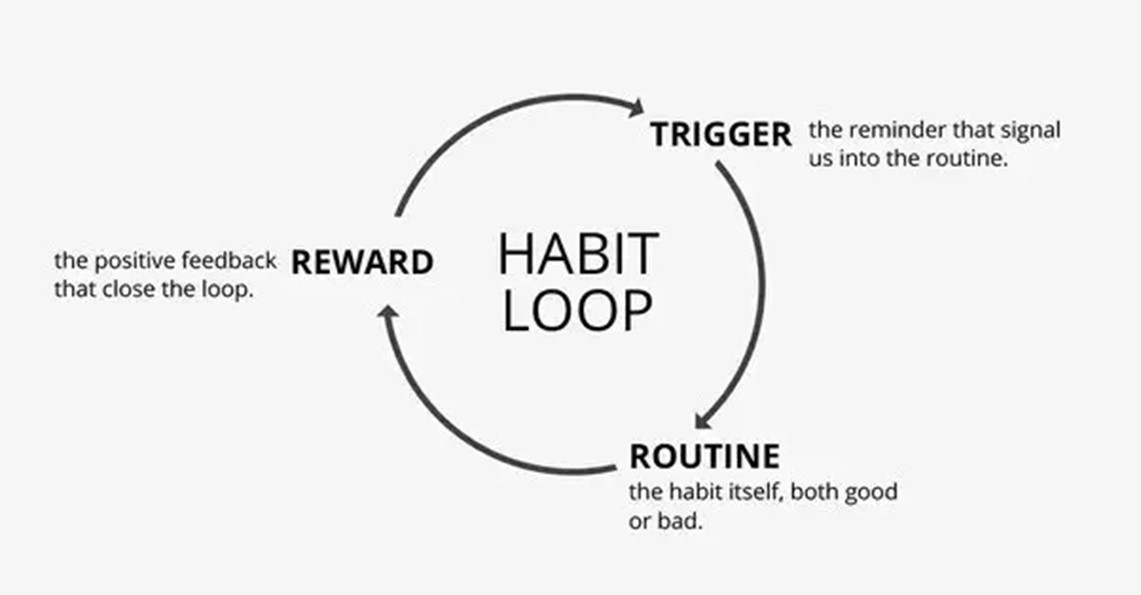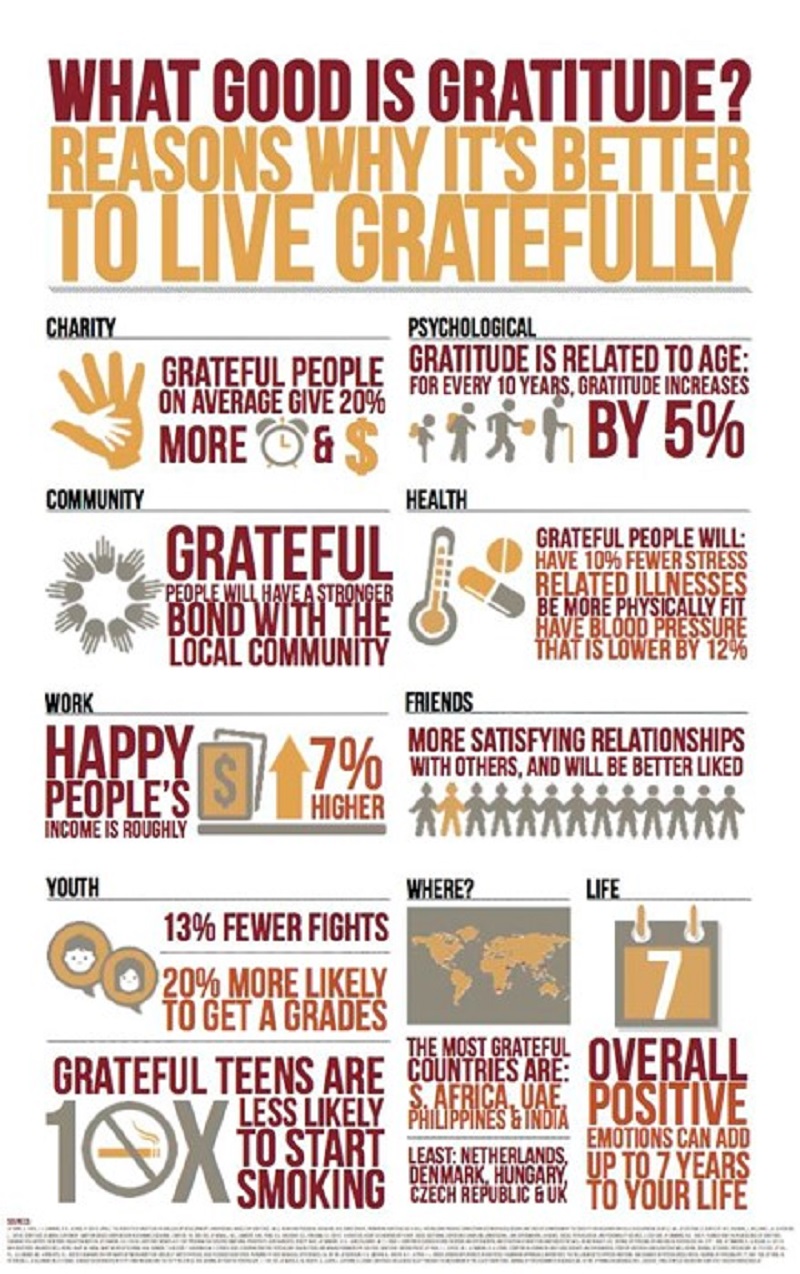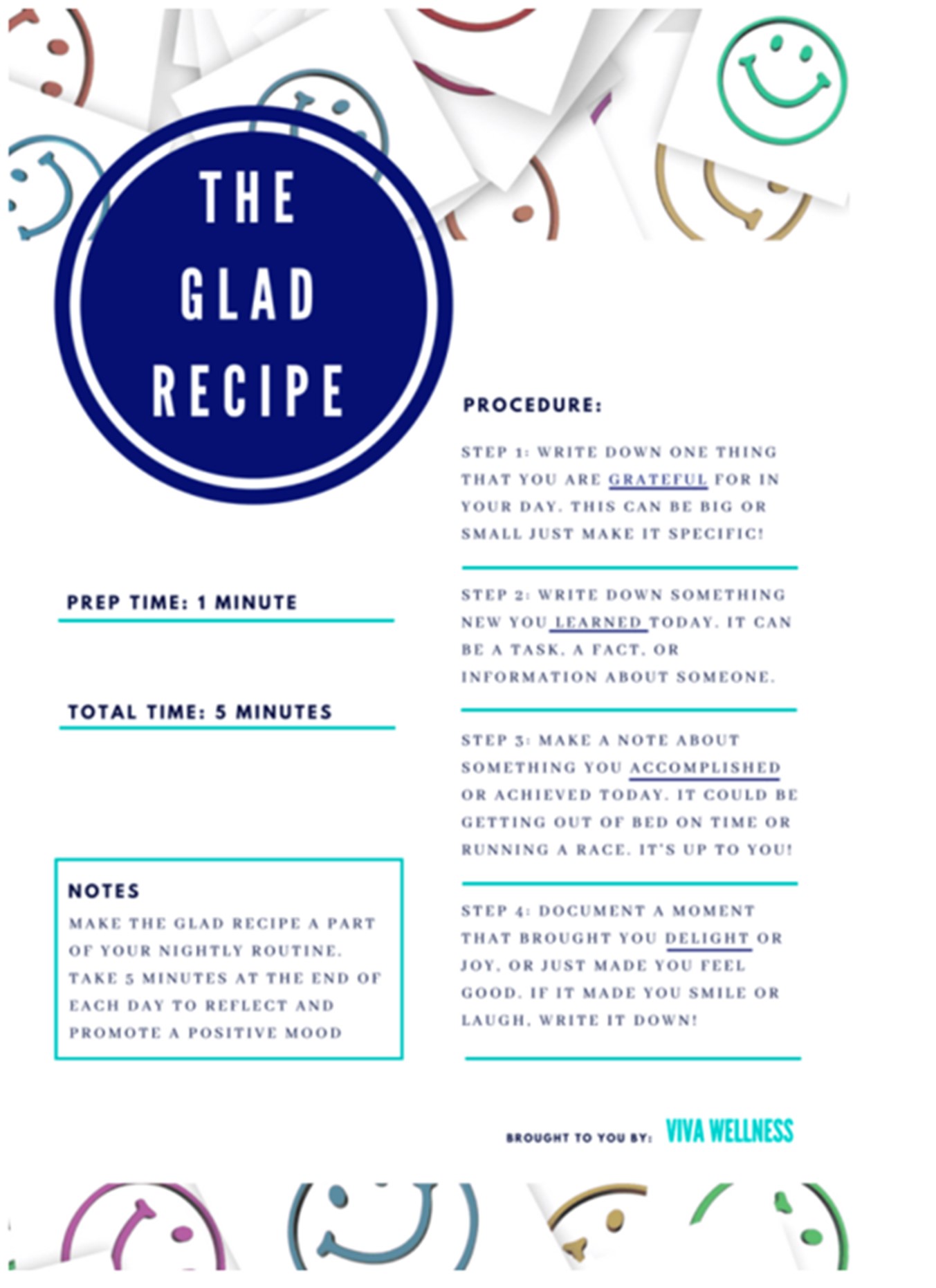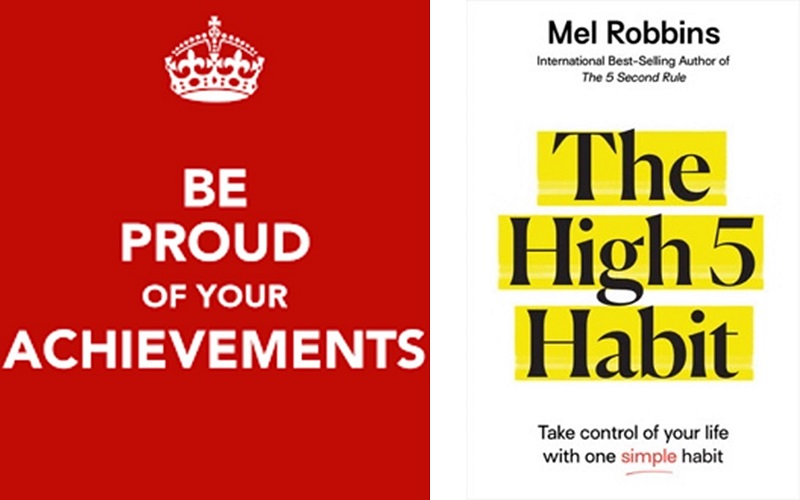“Staying in your own lane” in a learning setting and beyond.
The pressure that surrounds young people these days is unquestionable. It’s muted in nearly every conversation that is related to education, wellbeing, and society. Social media has 100% played the most integral role in adding to the pressures and stressors of young people, be it about their academics, universities they go to or their physical appearance. Combine this with a pandemic, a strive for elite academic status and a culture that looks more to the outcome than the process goal, and we have ourselves an environment where apparently only “the perfect” can succeed. Is that really the reality, or have we, as a society, created this perception?
Although the title of this article could be construed as being slightly selfish to some, the concept is far from it. Wellbeing gurus and health experts constantly use the “oxygen mask” analogy when ensuring people look after themselves before others. To some extent, it’s the same with goals, targets, and objectives. When trying to succeed in life, minimising unhealthy comparison at all costs is a must. With learning constantly evolving in a pandemic context, there has never been a stronger message of “staying in your own lane” when trying to achieve your goals and now more than ever, it's time to start actioning it. After all, actions speak louder than words.
The problem with comparing yourself…
“The reason why we struggle with insecurity is because we compare our behind-the-scenes with everyone else’s highlight reel…” Steven Furtick
The most obvious point to make is that nearly everyone does, and it’s completely human nature. A study in 2015 by Henniger and Harris found that over 75% of people are envious of someone in their life. The issues of comparing yourself arise when it has an adverse effect on your ability to perform and displaces your social and emotional balance. The study also found that comparing yourself to others leaves one frustrated and anxious and demotivates many. So why do we put ourselves through it? Why is there such a need to compare our lives with those around us or the people we scroll through on social media? Instead of answering these questions, this article will explore how to stay in your own lane to live a happier and more productive learning experience…
Here are some top tips with inspiration from Caroline Castrillon on how to stay in your own lane during online learning and reap the benefits of living free from comparison. Disclaimer alert: with the title being track and field related, it’s important to note that these tips need an endurance approach and results won’t happen overnight. So, stick with them and give them time. According to science, it takes between 18 and 254 days for someone to form a new habit so sticking with and enjoying the process is a must! The DCB values of Resilience and Open-mindedness are imperative for success…
Identify specific triggers
According to Castrillon, if you want to stop comparing yourself to others, determine when envy rears its ugly head. Is it when you’re scrolling through WeChat or your Instagram feed? Or maybe when you hear your best friend subtly bragging about their test scores? We have heard it time after time at DCB: “I did so badly on that test, I only got 89%...” Use these observations to learn about yourself. Then, make a list of who and what you frequently envy or compare yourself to. Write how these feelings negatively impact you and why they waste your time. Resolve to become more mindful so that you can catch yourself in the future.

Commit yourself to gratitude

The physiological and psychological benefits of gratitude are unquestionable. Improvement in sleep, life satisfaction, psychological health and happiness and increased mental fortitude, to name a few. Research by Emmons and Shelton, 2002 also found that gratitude helps in the quest to reduce the comparison of others. Castrillon further explores this concept and goes on to say to stop comparing yourself to others and consider starting a gratitude journal. Take a few moments (preferably at the beginning of the day) to write down 3-5 things you are grateful for. With most of us working from home, why not try this as a family? Find a jar, decorate it, and every day, think of at least three things you’re grateful for. Write each down on a slip of paper and insert them into the jar. Soon, you’ll have a whole host of reasons to be grateful. When you find yourself slipping into those feelings of self-doubt, read a few notes from the jar to remind yourself about the positive things in your life. When consulting social-emotional counsellor Ms Tyson about this article, she also suggested using the GLAD technique. Pictured below is a breakdown of how it works.

Document your achievements and be your own best friend.
When comparing yourself to others, you focus on their strengths and ignore your own. So, why not make a list of your achievements and conduct a bit of self-praise? This could be carried out alongside your gratitude list. Almost a double power move to start the day! It doesn’t matter what they are, big or small, as long as they are something you’re proud of. If you complete a project or piece of work for school, record it. If you help out a friend or your parents around the house, record it. If you get a fitness workout in before online learning, write it down. Continual reminders about your great work will help to reinforce all the good work you are doing. Then reflect on that list and post it somewhere where you can see it every day. It is so easy to get wrapped up in a negative inner narrative in a remote setting. Change the daily script to be a more positive, praising and encouraging discussion and relationship. I strongly recommend the Mel Robbins episode on the High-Performance podcast: Give yourself a high five in the morning to reap the benefits (Mel Robbins (Episode 83 – High Performance podcast).

As the DCB community goes through this period of uncertainty, keep creating goals and targets, and strive to better yourself and those around you. As alluded to at the start of the article, the messaging is not meant to come across as selfish or self-absorbing. We all want a collaborative community that always looks out for each other. When we start to compare one another and engage in unhealthy competitive traits, we become unstuck and lose sight of what it means to live a fulfilling life that focuses on improving personal growth.








